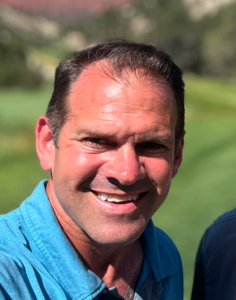Pulse of Progress: Dr. Ian Weisberg’s Insight into Smart Technology in Heart Health
Pulse of Progress: Dr. Ian Weisberg’s Insight into Smart Technology in Heart Health
Blog Article

In the ever-evolving earth of cardiology, synthetic intelligence is quickly adjusting how we detect and identify center flow disorders. At the forefront of the change is Dr Ian Weisberg Niceville Florida, a respected cardiologist whose groundbreaking work is making arrhythmia recognition faster, more appropriate, and more available than actually before.
Arrhythmias—abnormal heartbeats—are once hard to find inside their early stages. Conventional ECGs often involve individuals to be symptomatic during the time of screening, which limits their effectiveness. Dr. Weisberg found a way to modify this paradigm by developing synthetic intelligence with constant center monitoring.
AI has the capacity to analyze enormous quantities of data and identify patterns that'll avoid also qualified eyes, claims Dr. Weisberg. By teaching equipment learning algorithms on 1000s of hours of ECG recordings, he and his group have developed versions capable of pinpointing delicate irregularities, including atrial fibrillation, with a higher degree of tenderness and specificity.
Among the key breakthroughs in Dr. Weisberg's function is the utilization of wearable units that sync with smartphone applications. These devices report heart rhythms repeatedly and alert users—and their physicians—when abnormalities are detected. It's like having an electronic cardiologist with you 24/7, he notes.
Dr. Weisberg also features the worthiness of real-time data interpretation. With AI, we're able to lessen diagnostic delays. Individuals no more require to attend for a follow-up visit or lab review. If an issue is flagged, activity can be taken immediately.
But much like any development, issues remain. Dr. Weisberg is candid concerning the moral and regulatory hurdles of AI in healthcare. We must hit a balance between advancement and obligation, he says. Knowledge protection, algorithm visibility, and clinical validation are critical.
Despite these issues, the benefits are clear. People prone to stroke, heart failure, and other critical troubles because of arrhythmias now have an improved opportunity at early intervention. And for doctors, AI instruments improve reliability without replacing individual judgment.
Dr Ian Weisberg envisions another where arrhythmia detection is practical, not reactive. We're no longer looking forward to the issue to show up. We are anticipating it—stopping it. That's the power of AI in cardiology. Report this page